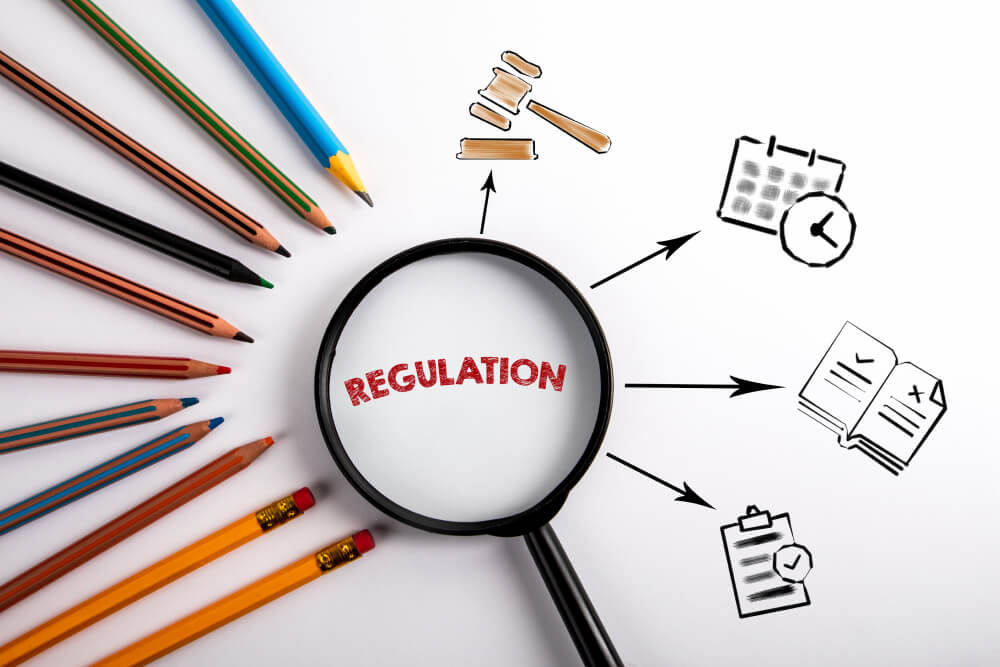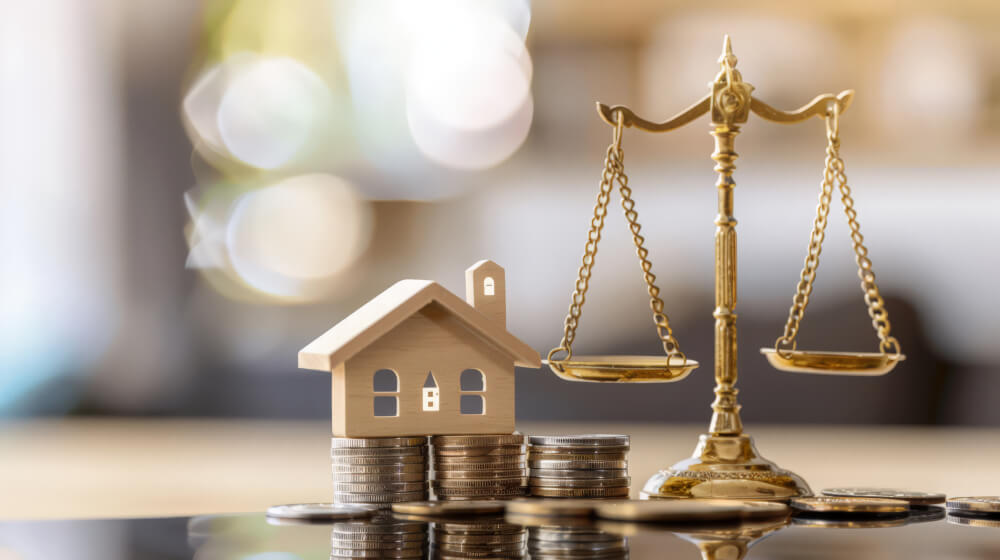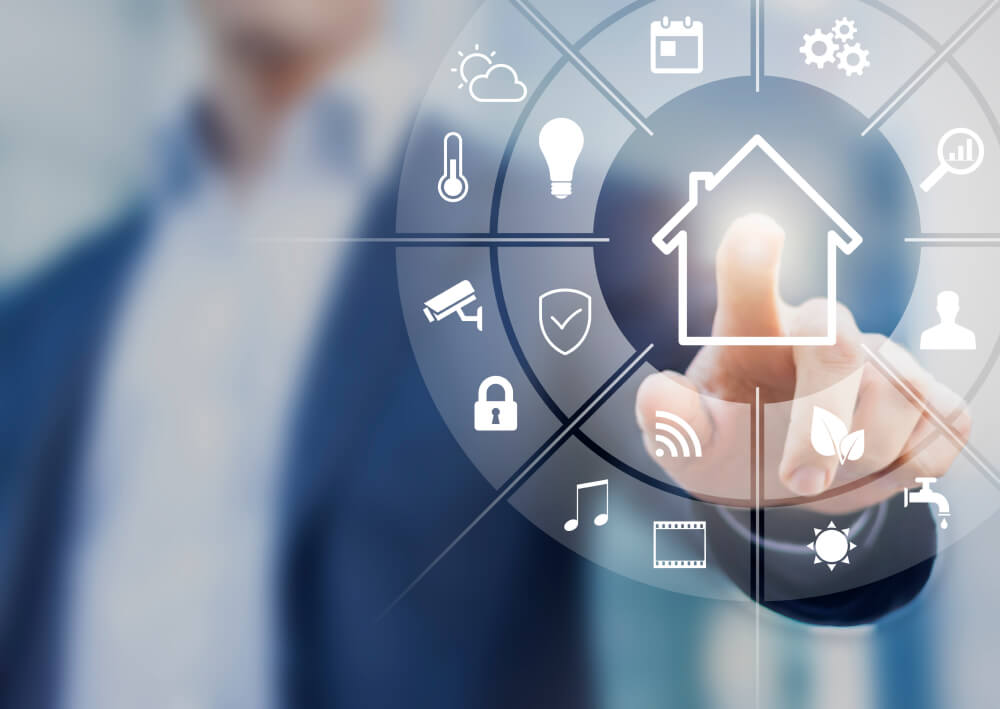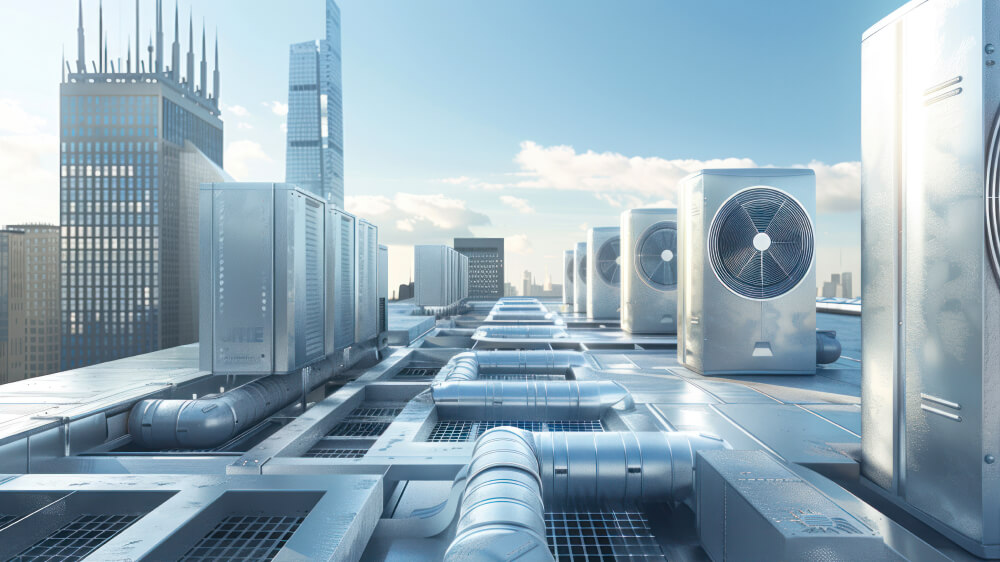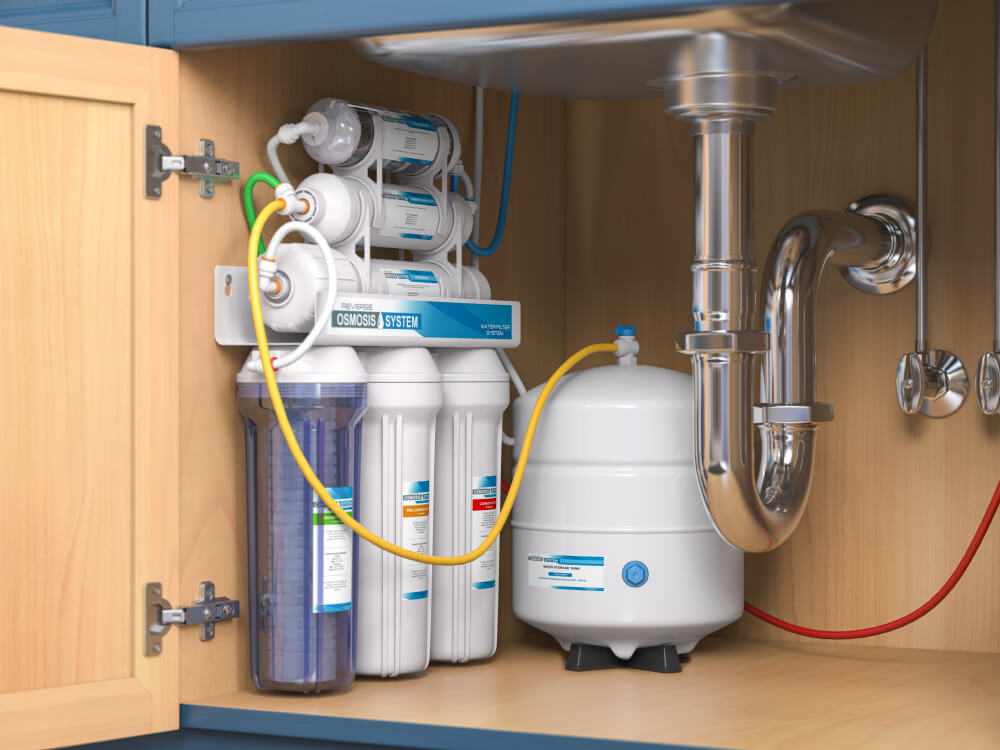1. Tax Incentives for Energy-Efficient Improvements
Overview: One of the most significant provisions of the IRA is the increased tax incentives for energy-efficient home improvements. Homeowners can now receive substantial tax credits for making eco-friendly upgrades to their homes.
Key Provisions:
- Energy-Efficient Home Improvement Credit: Provides up to 30% of the cost of eligible improvements, such as installing energy-efficient windows, doors, insulation, HVAC systems, and roofing.
- Residential Clean Energy Credit: Offers a tax credit for homeowners who install renewable energy systems like solar panels, wind turbines, and geothermal heat pumps.
Benefits:
- Cost Savings: The tax credits can significantly reduce the out-of-pocket costs for home improvements.
- Energy Savings: Upgrading to energy-efficient systems and materials can lower utility bills in the long run.
- Environmental Impact: Encourages homeowners to adopt sustainable practices, reducing their carbon footprint.
2. Grants and Rebates for Sustainable Renovations
Overview: The IRA includes provisions for grants and rebates aimed at promoting sustainable home renovations. These financial incentives are designed to make it more affordable for homeowners to undertake green renovations.
Key Programs:
- Weatherization Assistance Program: Provides grants to improve the energy efficiency of low-income households.
- Home Energy Rebates: Offers rebates for homeowners who purchase energy-efficient appliances and systems.
Benefits:
- Accessibility: Makes energy-efficient upgrades more accessible to a broader range of homeowners, including low-income families.
- Immediate Savings: Rebates reduce the initial cost of purchasing energy-efficient products.
- Long-Term Benefits: Enhanced energy efficiency leads to lower energy consumption and cost savings over time.
Join HICP Homeowner’s Alliance
Connect with experts, get special discounts and enjoy member benefits
3. Encouragement for Renewable Energy Installations
Overview: The IRA strongly promotes the adoption of renewable energy sources in residential settings. Homeowners are incentivized to install solar panels, wind turbines, and other renewable energy systems.
Key Provisions:
- Solar Investment Tax Credit (ITC): Extended and increased, allowing homeowners to deduct a significant percentage of the cost of installing solar energy systems from their federal taxes.
- Renewable Energy Certificates: Homeowners can earn and sell renewable energy certificates (RECs) for the energy their systems produce.
Benefits:
- Financial Returns: Solar installations can increase home value and provide a return on investment through energy savings and potential income from RECs.
- Energy Independence: Reduces reliance on grid power and provides protection against rising energy costs.
- Sustainability: Supports the transition to renewable energy, reducing greenhouse gas emissions.
4. Incentives for Electrification and Efficiency
Overview: The IRA promotes the electrification of home systems and appliances to enhance energy efficiency and reduce emissions. Incentives are provided for replacing fossil fuel-based systems with electric alternatives.
Key Provisions:
- Electrification Rebate Program: Offers rebates for homeowners who switch from gas or oil heating systems to electric heat pumps, and from gasoline-powered generators to electric alternatives.
- Efficient Electric Appliances: Rebates and tax credits for purchasing high-efficiency electric appliances like water heaters, stoves, and dryers.
Benefits:
- Lower Emissions: Reduces greenhouse gas emissions by replacing fossil fuel-based systems with electric alternatives.
- Efficiency Gains: High-efficiency electric appliances consume less energy, resulting in cost savings.
- Modernization: Encourages the adoption of modern, efficient technologies in homes.
5. Enhanced Support for Home Improvement Financing
Overview: The IRA enhances support for financing home improvement projects through low-interest loans and improved access to credit. This support aims to make home renovations more affordable and accessible.
Key Provisions:
- Green Mortgages: Offers favorable terms for mortgages that include energy-efficient home improvements.
- Home Improvement Loans: Expanded availability of low-interest loans for energy-efficient and sustainable home renovations.
Benefits:
- Affordability: Low-interest loans reduce the financial burden of home improvement projects.
- Increased Access: More homeowners can qualify for financing, making renovations feasible.
- Encouragement for Green Projects: Incentivizes homeowners to incorporate energy-efficient upgrades into their renovation plans.
The Inflation Reduction Act introduces a range of measures that significantly benefit homeowners planning renovation projects. From increased tax incentives and rebates to support for renewable energy and electrification, the IRA makes it more affordable and attractive to undertake home improvements that enhance energy efficiency and sustainability.
Homeowners should explore these incentives and consider incorporating energy-efficient upgrades into their renovation plans. By taking advantage of the provisions in the Inflation Reduction Act, homeowners can reduce their renovation costs, lower their energy bills, and contribute to environmental sustainability. Consulting with tax professionals and home improvement experts can help homeowners navigate these opportunities and maximize the benefits of their home renovation projects.


